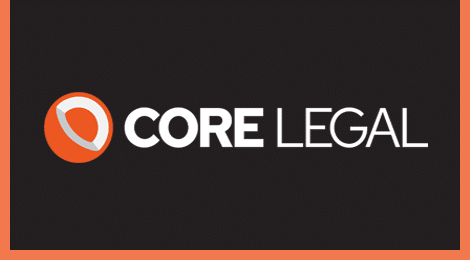When it comes to signing a commercial lease, it’s a milestone most businesses will encounter. This legal agreement lays down the groundwork for how a tenant will occupy a commercial property. In this guide, we’ll highlight several essential factors that prospective tenants should keep in mind when assessing and negotiating a commercial lease in New Zealand.
Understanding the duration of your lease commitment is paramount. Tenants should carefully evaluate the length of the initial term, renewal options, and termination clauses. Opting for a shorter lease term with multiple renewal periods can offer flexibility, allowing tenants to reassess their needs periodically. However, it’s crucial to strike a balance to ensure long-term stability.
Rental Costs and Outgoings
Clear comprehension of financial obligations is vital. Tenants should analyze rent amounts in line with market conditions, frequency of rent adjustments, and the method of calculation for increases. Including a cap on annual rent hikes can mitigate the risk of unexpected escalations. Additionally, tenants should grasp additional costs such as utilities, maintenance, insurance, and rates, ensuring transparency through an annual budget of outgoings provided by the landlord.
Maintenance and Repairs
The lease should clearly delineate responsibilities for maintenance and repairs. Typically, landlords handle structural repairs, while tenants are accountable for interior upkeep. Understanding these obligations upfront helps avoid disputes down the line.
Permitted Use
Ensuring alignment between intended business activities and the permitted use outlined in the lease is crucial. Tenants must verify that their proposed use complies not only with the lease terms but also with the relevant District Plan regulations. It’s essential to inquire about any restrictions on signage, parking, or property access.
Lease Assignment and Subleasing
Flexibility to assign or sublease the premises can be advantageous for tenants. While these activities usually require landlord consent, some leases may impose restrictions. Including provisions for lease obligation release following assignment can offer added flexibility.
Signing a commercial lease is a significant commitment, and thorough evaluation of lease terms is imperative. Seeking legal advice and conducting due diligence on the property can ensure tenants make informed decisions aligned with their business objectives. With careful consideration, tenants can enter into commercial lease arrangements that are mutually beneficial and conducive to business success.


